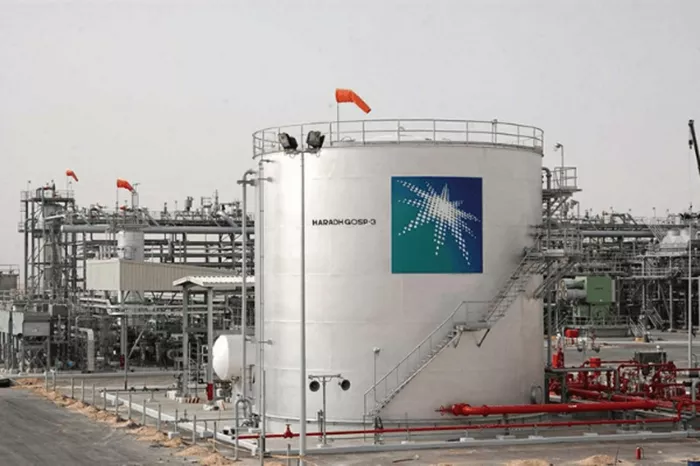A $5 billion oil-backed loan agreement between Saudi Arabia’s energy giant Aramco and Nigeria has encountered significant delays, as a sharp decline in crude oil prices raises concerns among lenders and threatens the feasibility of the high-profile deal.
Originally conceived during a November meeting between Nigerian President Bola Ahmed Tinubu and Saudi Crown Prince Mohammed bin Salman at the Saudi-Africa Summit in Riyadh, the facility was poised to be Nigeria’s largest oil-collateralised loan and Saudi Arabia’s inaugural major financial venture in Africa. The loan was intended to bolster Nigeria’s fiscal position within a broader $21.5 billion foreign borrowing strategy aimed at funding the national budget.
However, plunging oil prices—Brent crude has fallen nearly 20% since January from above $82 to roughly $65 per barrel—have unsettled financial backers. This price drop is partly attributed to OPEC+’s shift from output cuts to defending market share, intensifying market volatility.
The loan’s structure, which relies on daily crude oil allocations as collateral, has become riskier in this context. Lower prices mean Nigeria must commit a greater volume of barrels to secure the same loan amount, straining the country’s already challenged oil production capacity.
“A major obstacle is finding institutions willing to underwrite the loan,” a source close to the talks told, pointing to concerns over crude supply reliability and the potential for delivery shortfalls. Gulf-based financial institutions and at least one African bank have been involved in discussions, though none have been publicly identified. Aramco, Nigeria’s National Petroleum Corporation (NNPC), and government officials from the finance and petroleum ministries have all declined to comment.
Nigeria has historically turned to oil-backed loans to manage fiscal deficits, having raised approximately $7 billion through such arrangements over the last five years. The proposed Aramco deal would require collateralization of at least 100,000 barrels per day—on top of the roughly 300,000 barrels per day already allocated for servicing existing debts.
While one major oil-backed loan repayment is scheduled for completion this month, Nigeria’s repayment schedules remain highly sensitive to oil price fluctuations. As notes, “a fall in crude prices prolongs the repayment period,” even if the daily repayment volume stays constant.
Years of underinvestment and operational challenges have constrained Nigeria’s oil production capacity, complicating its ability to meet supply commitments tied to loans. This situation highlights the urgent need for reforms and diversification in Nigeria’s economic financing strategies.
As global financiers adopt a more cautious stance, the ultimate fate of the Aramco loan may depend not only on oil price recovery but also on Nigeria’s capacity to assure lenders of stable production and a credible long-term economic outlook.


